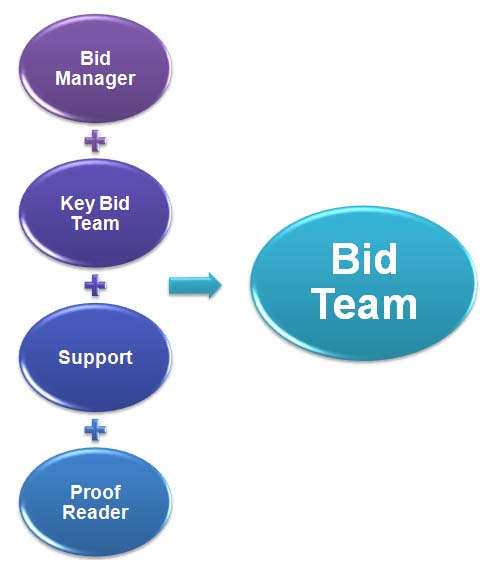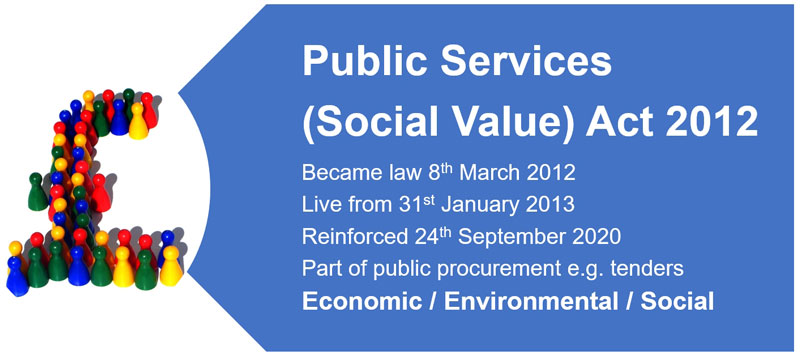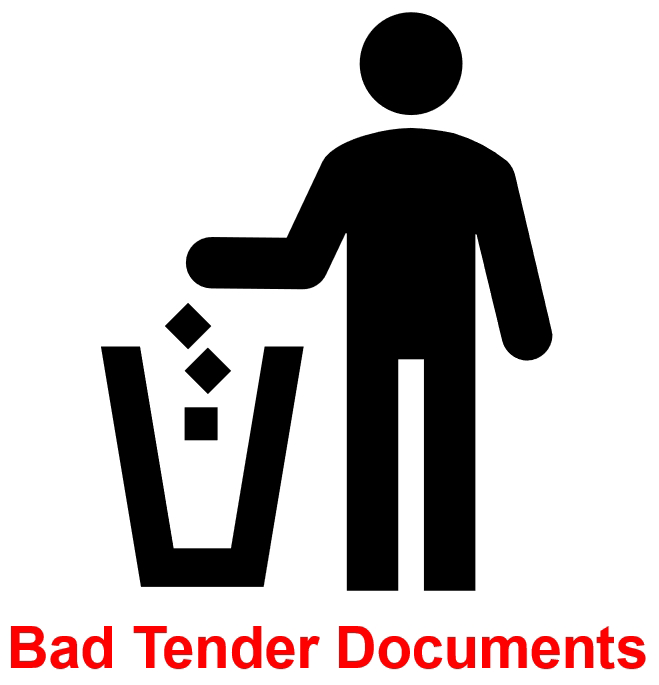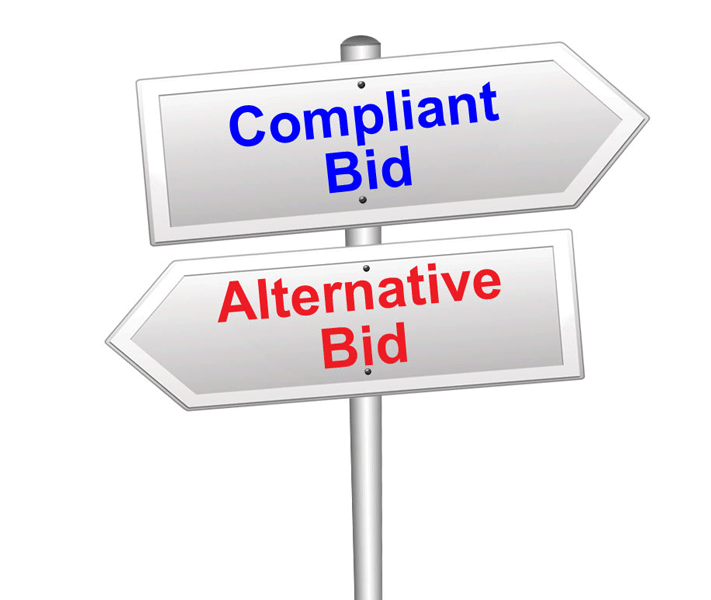Bid Management Team: Bid Managers and the Bid Team Explained
One of the elements of great bid management is a good bid team. Teamwork really helps improve your chances of winning tenders.

Larger business will often have bid writing departments and bid managers. They will also be used to assembling bid teams to tackle complex tenders. But smaller businesses often overlook how important teamwork is in winning tenders. In our work as Tender Consultants we often find that SMEs only have one person dealing with tenders. This is potentially limiting their chances of success.
Forming a Bid Team and nominating a Bid Manager will help you to produce higher quality tender responses. The diagram below shows the key elements of a Bid Team:
What is Bid Management?
It is the process of project managing a tender, sales proposal or pitch from start to finish.
It includes completion of the all aspects detailed below, managing people and ensuring everything is completed in a timely manner.
Ideally, bid management starts before before the issue of a tender. That way, the team is better prepared to compete. It ends sometime post-award. That ensures the hand-over to the team running the contract is seamless. And everything agreed in the bid (from the supplier and customer) is covered.
The Bid Manager
The Bid Manager has overall responsibility for the tender or PQQ and leading the Bid Team. He or she will undertake project or ‘Bid Management’ of the tender. This involves pulling together a Bid Team and coordinating the team to ensure that everything is completed properly and on time.
…Bid Management Team: Bid Managers and the Bid Team ExplainedRead More »
Bid Management Team: Bid Managers and the Bid Team Explained Read More »




